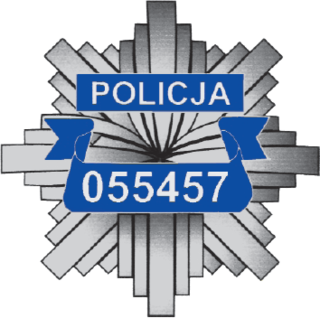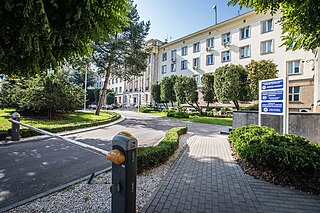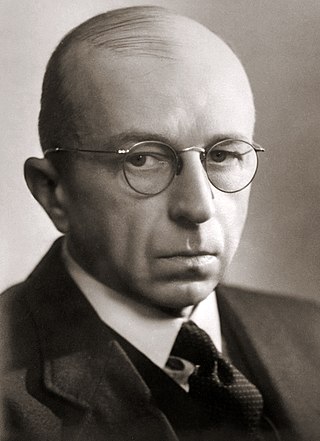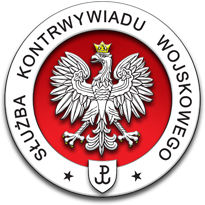
The Security Service, in full Security Service of the Ministry of Internal Affairs and commonly known as SB, was a secret police force established in the Polish People's Republic in 1956 as a successor to the Ministry of Public Security (UB). The SB was the chief foreign and domestic security organization in Poland from 1956 until the fall of communism in 1989.
Edmund Kalikst Eugeniusz Charaszkiewicz was a Polish military intelligence officer who specialized in clandestine warfare. Between the World Wars, he helped establish Poland's interbellum borders in conflicts over territory with Poland's neighbours.
This article covers the history of Polish Intelligence services dating back to the Polish–Lithuanian Commonwealth.

The Police is the Polish national civilian police force. It is a primary law enforcement agency in the country, tasked with providing public safety and order, investigating and preventing crime.
Władysław Kozaczuk was a Polish Army colonel and a military and intelligence historian.
Główny Zarząd Informacji Wojska Polskiego was an early military Police and counter-espionage organ of the Polish People's Army in communist Poland during and after World War II. It is also known by its acronym GZI WP or simply as Informacja Wojskowa.

The Ministry of Public Security, was the secret police, intelligence and counter-espionage agency operating in the Polish People's Republic. From 1945 to 1954 it was known as the Security Office, and from 1956 to 1990 as the Security Service.

The Internal Military Service, coll. Szefostwo, was an armed military counterintelligence, military police, and secret police within the structure of Ministry of National Defense or (MON). It served and protected the Polish Armed Forces against western and central MON institutions during the years of 1957-1990 in the Polish People's Republic or PRL.

Law enforcement in Poland consists of the Police (Policja), City Guards, and several smaller specialised agencies. The Prokuratura Krajowa and an independent judiciary also play an important role in the maintenance of law and order.

Wacław Lipiński (1896–1949) was a Polish historian, military officer and resistance fighter, lieutenant colonel in the Polish Army of the Second Polish Republic, recipient of Polish highest military decoration, the Order of Virtuti Militari.

Adam Ignacy Koc was a Polish politician, MP, soldier, journalist and Freemason. Koc, who had several noms de guerre, fought in Polish units in World War I and in the Polish–Soviet War.

Antoni Wereszczyński was a Colonel in the Polish Army.

Marian Stanisław Chodacki was a Polish diplomat, intelligence officer, certified colonel of the Polish Army, and executive director of the Józef Piłsudski Institute of America.
The Polish General Staff's Section II was a section of the Polish General Staff in the Second Polish Republic.

The Military Counterintelligence Service is one of the principal intelligence agencies of Poland. It is responsible for the protection of Poland against internal threats and for the combat capabilities of the Polish Armed Forces.
Polish law allows modern firearms ownership on a general shall-issue basis under police-issued permit for people who provide an important reason. Hunting, sport shooting, training and collecting are the most popular reasons and require membership in suitable organizations. Self-defense permits for civilians are chief exceptions to the rule, where a may-issue based permit is required. Antique black powder firearms or their replicas and most air guns are available without a permit. Firearm owners are subject to mental health and domestic violence confiscation laws resembling U.S red flag laws.